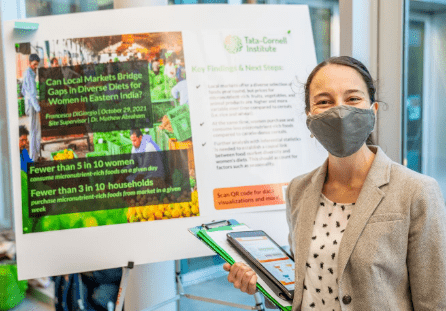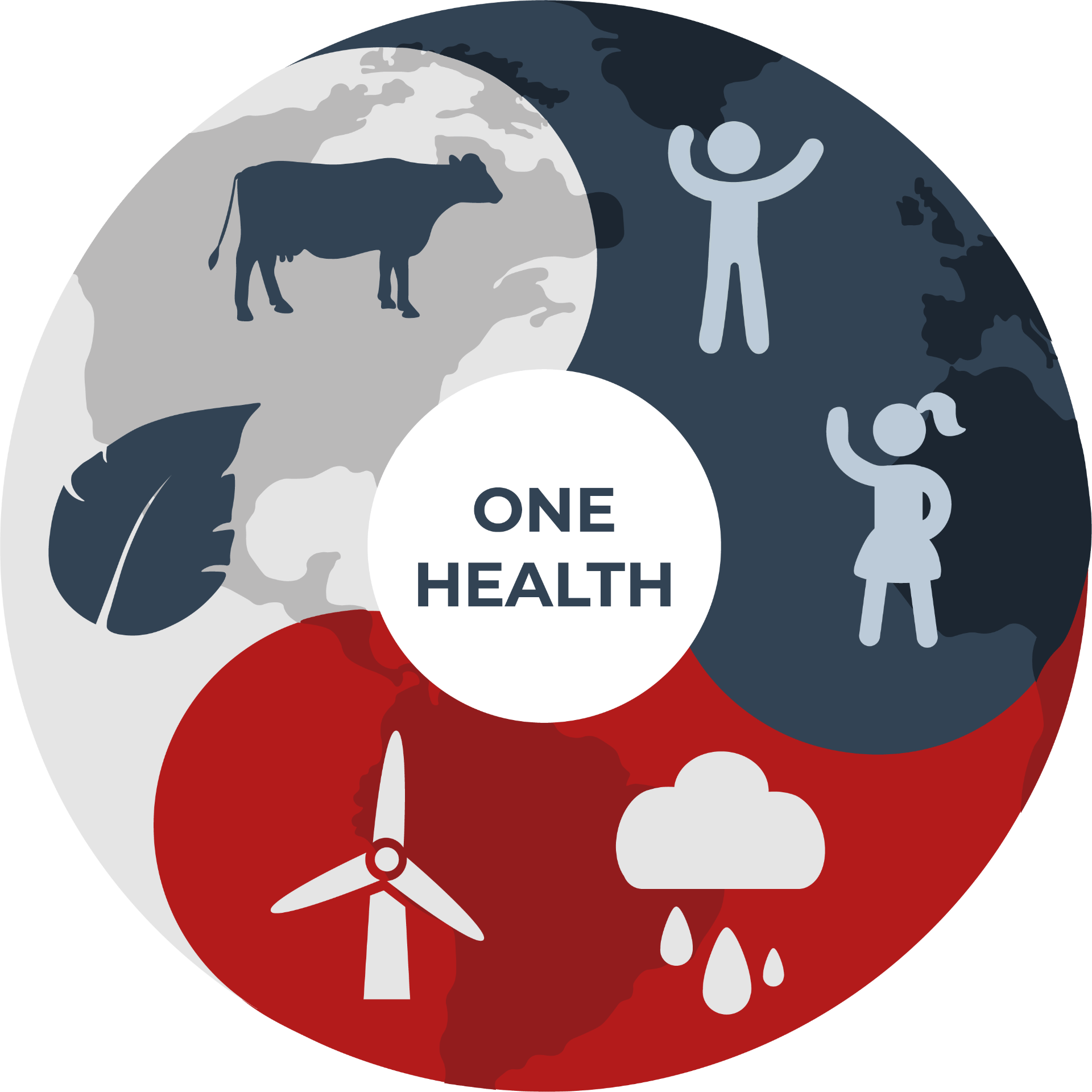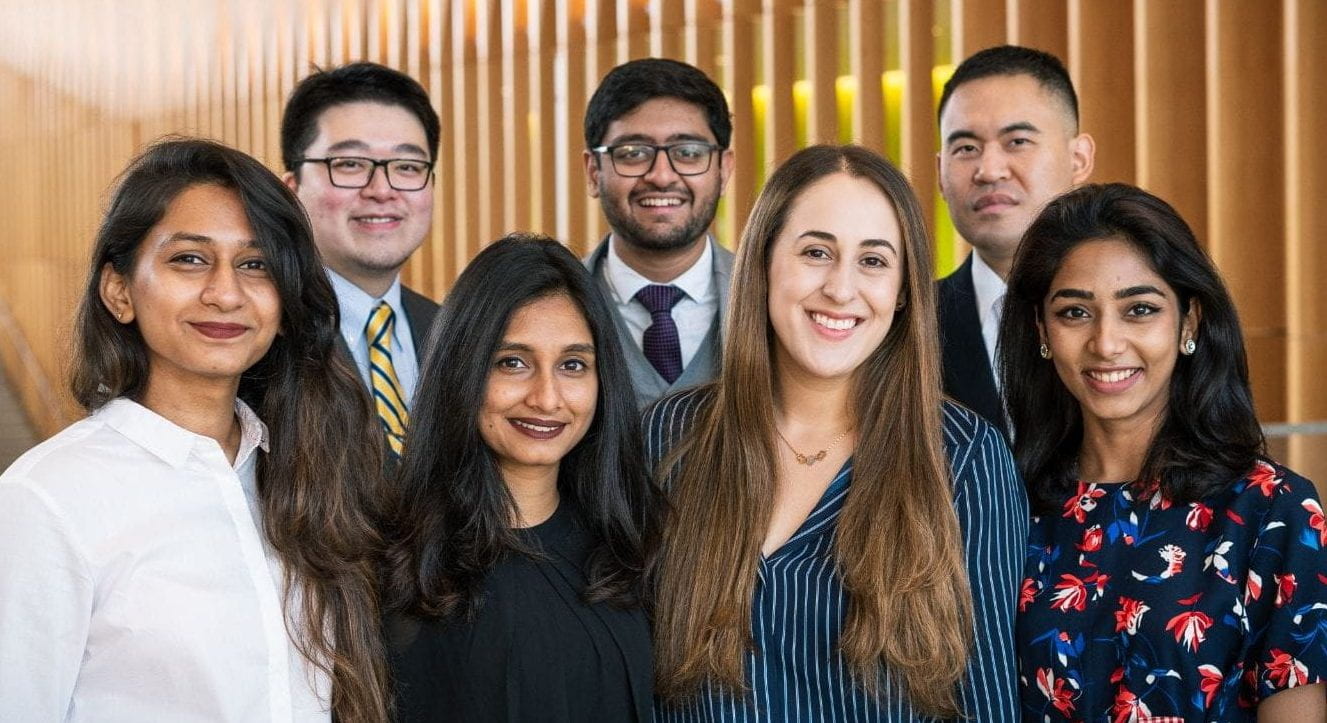Prospective Students
Why Choose Cornell’s MPH Program?
Ask our alumni
Our focus on engaged learning

We recognize the need to train public health professionals in new ways, directly engaging with external partners on the issues they are facing, to prevent disease, promote health and wellbeing, and prolong life among populations.
Our faculty and staff are actively engaged in impact-focused projects, and all MPH students work with community partners locally and globally via course work, applied practice experiences, and capstone projects. By partnering with state and county health departments, community-based organizations, health systems, and local government, MPH students have meaningful opportunities to learn while producing deliverables of real value.
Our One Health approach
Our Program’s One Health, systems approach acknowledges that human health fundamentally depends on, and is shaped by, the health of our environment, including its animals, plants, soil, water, air, and climate.
This framework gives our students the skills they need to identify upstream influences and downstream effects, and then design, implement, and test public health interventions that are sustainable for people and planet.

Our faculty

Our program is led by experts from diverse fields and practitioners from around the world to reinforce our multidisciplinary, engaged approach.
Our faculty perform research not just to understand, but to help solve wicked problems. For example, our identification of factors that help pathogens jump across species into people has led to new approaches to manage natural systems to protect human health. Our studies of how viruses enter cells have contributed to the discovery of a small molecule that might prevent infection with SARS-CoV-2. Research on climate change, biodiversity, human health, and nutrition has identified the critical need for improved freshwater fish management to support human health and livelihoods. Study of policies and how they perform in the face of crises and shocks has identified factors that protect vulnerable populations, versus those that keep them vulnerable.
Our students
Over time, our greatest impacts will be through our remarkable and diverse students. Almost 60% of our US-national students represent one or more of our priority populations. 97% of our graduates are employed or pursuing advanced training within a year of commencement, and over half of our graduates working in the US are employed in organizations supporting medically underserved areas. Our growing numbers of alumni are employed by intergovernmental health authorities, national, state and county health agencies and departments, non-governmental organizations, and the private sector, positioning themselves for lifetimes of impact.

Want to learn more about the impactful work our students are doing?
Our beautiful campus
Want to learn more?

Our Master’s Program publishes an annual magazine to provide students, alumni, prospective students, donors, advisors, and friends with an annual summary of our work. Rather than a collection of facts and figures, our magazines predominantly feature stories about the impactful work our faculty, students, alumni, and partners are doing.
